Humans
Sign up for our newsletter
We summarize the week's scientific breakthroughs every Thursday.
-
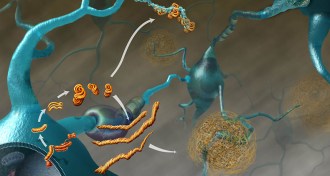 Life
LifeA protein variant can provide protection from deadly brain-wasting
If cannibalism hadn’t stopped, a protective protein may have ended kuru anyway.
-
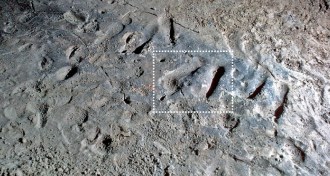 Anthropology
AnthropologyModern-day trackers reinterpret Stone Age cave footprints
African trackers help researchers interpret ancient human footprints in French caves.
By Bruce Bower -
 Anthropology
AnthropologyHuman laugh lines traced back to ape ancestors
Chimps make laughing faces that speak to evolution of human ha-ha’s.
By Bruce Bower -
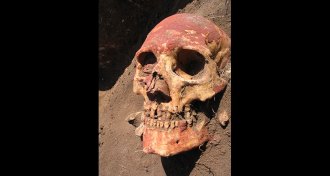 Archaeology
ArchaeologyBronze Age humans racked up travel miles
A new study indicates long journeys and unexpected genetic links in Bronze Age Eurasian cultures.
-
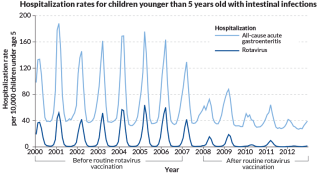 Health & Medicine
Health & MedicineRotavirus vaccine is proving its worth
Rotavirus vaccination cuts childhood intestinal infection hospitalizations in half.
By Meghan Rosen -
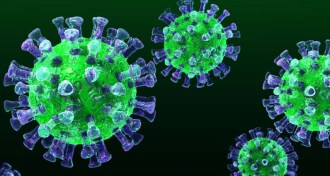 Life
LifeMERS virus didn’t morph in its move to South Korea
No obvious changes in the MERS virus account for its rapid spread in South Korea.
-
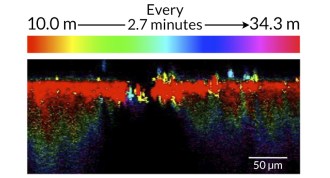 Life
LifeTracing molecules’ movement in nails may help fight fungus
Tracking chemicals through the human nail may provide valuable insight for drug development.
-
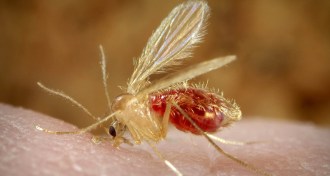 Health & Medicine
Health & MedicineFly spit protein holds back parasite infection in monkeys
A protein called PdS15 found in the saliva of the sand fly that spreads leishmaniasis may be used in a vaccine to combat the parasitic scourge causing the illness.
-
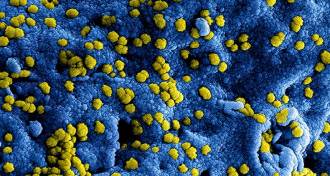 Health & Medicine
Health & MedicineDeadly MERS spreads in small cluster in South Korea
Thirty people have MERS virus in the South Korean outbreak, including China’s first case.
-
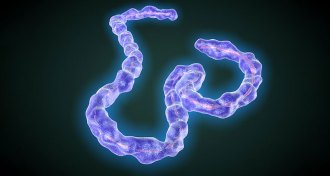 Health & Medicine
Health & MedicineAn antidepressant may protect against Ebola
Zoloft and a heart drug keep most mice alive after exposure to Ebola.
By Nathan Seppa -

-
 Health & Medicine
Health & MedicineWhy breast-feeding really can be easier the second time around
The body remembers how to make milk, a mouse study suggests. Something similar may happen in humans.